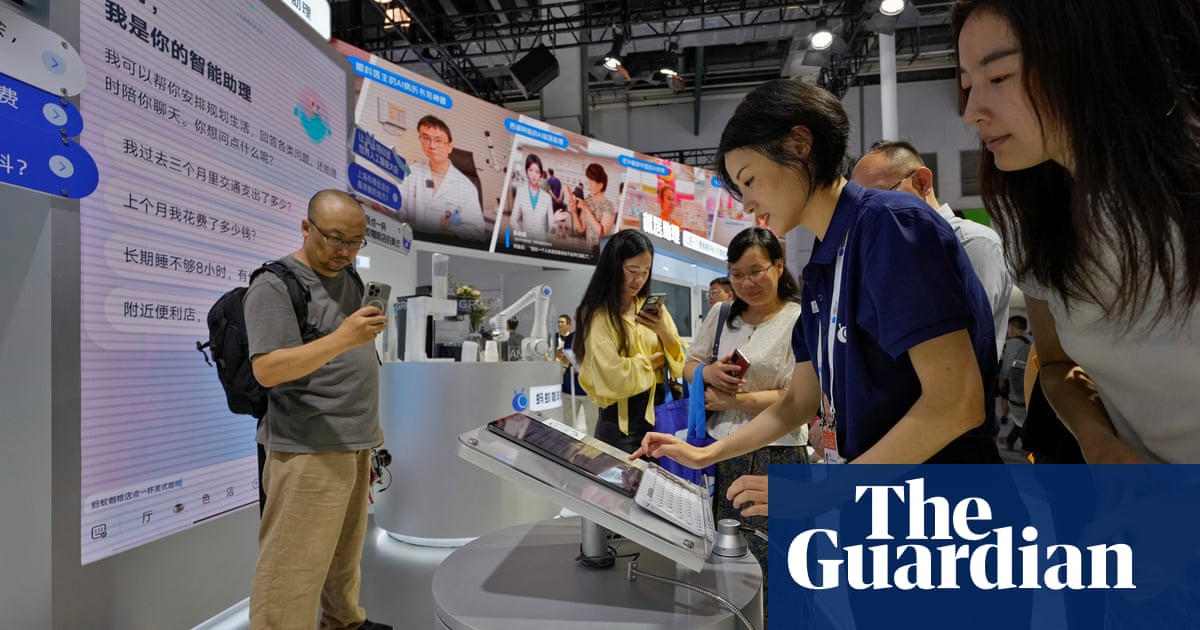Chinese developers scramble as OpenAI blocks access in China

🌈 Abstract
The article discusses the recent developments in the AI industry, particularly the tensions between China and the US, and the implications of OpenAI's decision to block access to its services in China.
🙋 Q&A
[01] SenseTime's Latest AI Model
1. What are the key capabilities demonstrated by SenseTime's latest AI model, SenseNova 5.5?
- The model can identify and describe a stuffed toy puppy, offer feedback on a drawing of a rabbit, and instantly read and summarize a page of text.
- SenseTime claims that SenseNova 5.5 is comparable to GPT-4o, the flagship AI model of OpenAI.
2. What incentives is SenseTime offering to attract developers away from OpenAI?
- SenseTime is giving away 50 million free tokens (digital credits) for using the AI.
- The company also says it will deploy staff to help new clients migrate from OpenAI services to SenseTime's products for free.
[02] OpenAI's Withdrawal from China
1. Why is OpenAI blocking access to its services in China?
- OpenAI has notified its users in China that they will be blocked from using its tools and services from July 9th.
- The company has not provided a clear reason for this sudden decision.
2. What are the implications of OpenAI's withdrawal for China's AI community?
- The decision has caused significant concern within China's AI community, as it raises questions about equitable access to AI technologies globally.
- It has also created an opportunity for domestic AI companies in China to attract OpenAI's rejected users.
3. How are Chinese companies responding to OpenAI's withdrawal?
- Domestic AI companies like Baidu, Zhipu AI, and Tencent Cloud are offering free tokens and migration services to attract former OpenAI users.
- This could accelerate the development of Chinese AI companies and their ability to compete with their US rivals.
[03] Broader Implications
1. How are US restrictions on semiconductor exports to China impacting the AI industry?
- The US restrictions on the export of certain advanced semiconductors vital for training cutting-edge AI technology are putting pressure on the AI industry in China.
2. What are the potential long-term effects of OpenAI's withdrawal from China?
- OpenAI's departure from China may provide a long-term opportunity for Chinese domestic large language models (LLMs) to be put to the real test, as Chinese companies have been focused more on commercialization rather than advancing the models themselves.
- However, there are also signs that the US restrictions are starting to impact the Chinese AI industry, such as Kuaishou having to restrict access to its new text-to-video AI model due to a lack of computing capacity caused by chip shortages.
Shared by Daniel Chen ·
© 2024 NewMotor Inc.